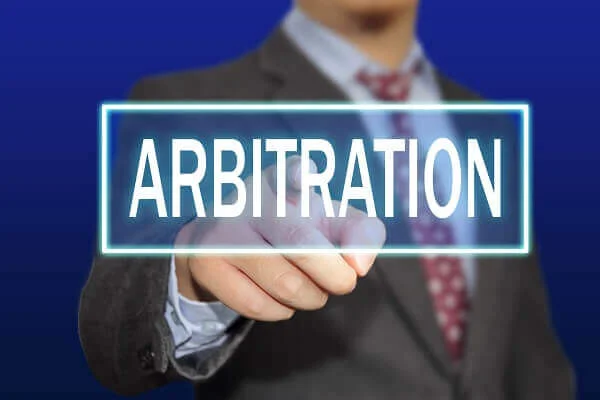Knowledgeable Lawyers in California
Most California residents have heard of the concept of foreclosure and are no doubt aware of the prevalence of foreclosures during the 2008 housing crisis. But few understand how the mortgage foreclosure process actually works, or what banks and lenders must do to reclaim your home.
While many may believe that foreclosures are a judicial process that requires a lender to go before the courts in order to work out your financial issues, this is not usually the case. Most foreclosures in California are non-judicial and happen through a more administrative process.
Foreclosures in Rancho Cucamonga
The foreclosure process in California begins with the owner of the property, when he or she misses the first payment on a mortgage loan. This could be for any number of reasons – perhaps a family member loses their job, or an urgent medical crisis arises. Regardless of the circumstances, the failure to make a timely payment puts the bank on notice that the owner may have a problem.
Missing a payment by a few days usually is not a problem, as long as a homeowner quickly rectifies the issue and makes the payment as soon as possible. Rather, real issues begin to arise when the homeowner goes into default. Default typically occurs when the homeowner is behind on payments for 90 days.
A notice of default is the second step in the foreclosure process. This will happen after the homeowner enters default. The mortgage lender will typically file a notice of default with the court, and must then provide the owner with a copy within ten days. The owner’s copy will explain why the owner is in default and the options for getting out of default.
Depending on the bank or mortgage lender, an owner may be able to create a payment plan that will help to get out of default, and pay off all outstanding loan payments, interest, and fees.
When The Bank Or Lender Is Not Getting Paid
After an owner receives a notice of default, most lenders will give them three months to bring the loan current and make all outstanding payments. At the 180 day mark (90 days after default), the lender may begin official foreclosure on the home if the owner is still unable to pay.
Foreclosure means that the bank can attempt to auction off the home to recover the money that it has lended that the owner is no longer able to repay. This is usually done through what is known as a trustee sale. When the bank decides to go this route, it will notify the owner by providing a notice of trustee sale that sets the date for the auction of the home.
The bank must give the owner up to 20 days after the service of a notice of trustee sale to actually hold the auction to sell the home to the highest bidder. This may give the owner some last ditch opportunities to attempt to recover the home, either through negotiation or through the courts.
If the house does sell, the owner will be relieved of your financial obligations to the lender, even if the house sells for less than the amount that is currently owed on the loan. At the time of sale the owner loses both access to the home and responsibility for the debt incurred.
California Attorneys Helping All Parties through the Foreclosure Process
The foreclosure process can be difficult for all parties involved, including lenders, banks, and the debtor who owns the mortgage. Having a clear understanding of the process involved can go a long way toward avoiding disputes or difficulties in the process. At CKB Vienna LLP our attorneys have assisted clients on both side of the transaction through the foreclosure process and are equipped to handle simple foreclosures or complicated transactions. For more information, contact us online or at 909-980-1040.





















